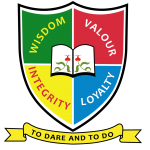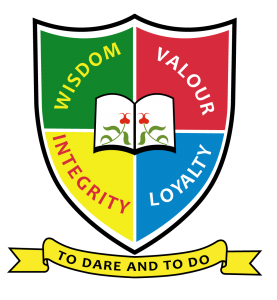The Indian Certificate of Secondary Education(ICSE has been designed to provide an exam in a course of general education, according to the New Education Policy 1986, through English medium. The ICSE Board focuses on a student’s overall growth, so it provides a balanced curriculum to all its learners. ICSE Syllabus provides more practical knowledge and it aims to build analytical skills in students.
The Curriculum incorporates all elements of academic interests that cater to the challenging requirements of present day educational needs. In order to allow for holistic and coherent planning and to provide greater flexibility and choice for schools and teachers, the Council has developed a Curriculum framework that aims at facilitating the teaching-learning process. It also serves to make learning purposeful and progressive while promoting the achievement of educational aims and objectives in a planned and positive manner. The curriculum incorporates the latest trends in the field of Education, while ensuring that flexibility is provided to teachers to adapt the curriculum as per their requirements and contexts. The curriculum aims at preparing the future generation of learners to meet the challenges of an ever advancing knowledge-based society and a dynamically changing environment. It equips children with a repertoire of skills and a positive attitude with a sensitized perspective to become successful citizens in a globally competitive society. The Curriculum caters to a varied and diverse range of individual differences, intelligences and abilities and provides a plethora of opportunities to enjoy the learning experience through integration of generic skills, values and attitude in key learning areas.
AIMS of the ISCE Curriculum
Children will be enabled to:
- become successful learners who enjoy learning
- successfully apply core concepts learnt from various subjects
- understand texts of different subjects so as to communicate knowledge and ideas in ways specific to the subject
- articulate thoughts and ideas effectively using oral, written and nonverbal communication skills in a variety of forms and contexts
- use technology to access and provide information and to communicate with others
- understand cross-curricular linkages- connect learning across subject areas
- become confident individuals who are able to live safe, healthy and fulfilling lives
- become responsible citizens who make a positive contribution to society
- understand and apply knowledge to real life experiences
- develop a sense of responsibility towards others
- function successfully in the local and world community
- respect diversity (in terms of religion, gender, regions, etc. and differences of opinions and beliefs)
- exhibit sensitivity towards environmental issues
- learn to manage and utilize resources judiciously


